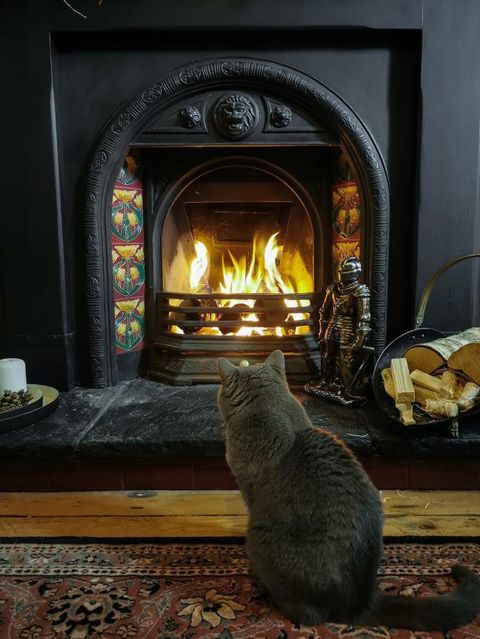
UK To Ban House Coal and Wet Wood by 2023 to Cut Pollution
In a statement released in February 2020, the UK government have confirmed plans to phase out the sale of wet wood and domestic coal by 2023. The decision has been made in line with efforts to tackle air pollution after coal fires and burning wet wood were identified as two of the largest producers of the harmful pollutant ‘PM 2.5’. The World Health Organisation has identified PM 2.5 pollutant’s as one of the most serious air pollutants for human health, highlighting the harmful effects which exposure to high levels can have on the lungs and bloodstream.
The wet wood and house coal ban has been introduced in a bid to reduce the harmful impact of air pollution. Sales of traditional house coal and wet wood will be phased out from 2021, giving people the time to adapt to cleaner fuels such as dry wood.

What Does This Mean For The Future Of Home Wood Burners?
The house coal and wet wood ban doesn’t mean people need to retire their wood-burning stoves or stop enjoying wood fires. In his statement, the Secretary of State for Environment, Food & Rural Affairs, George Eustice, recognised “cosy open fires” as being “at the heart of many homes up and down the country”. The ban on wet wood doesn’t mark the end of this as it’s not the burners themselves that are the issue, but rather what’s being burned in them.
All this decision means is that some might need to reconsider what they are burning, and we believe that this is ultimately a very good thing. As people are becoming more environmentally conscious, wood burners seem to have undeservedly developed a bad reputation. By opting for cleaner fuels, wood-burning ought to shed this misconception and that will hopefully lead to their wider and more accepted use.
Of course, switching exclusively to cleaner fuels will also help to improve the health of many who rely on wood-burning and wood-burning stoves to heat their home. To paraphrase George Eustice, the wet wood and house coal ban emphasises the need for us as individuals to “play a part in improving the health of millions of people”.
What Exactly Are “Cleaner” Fuels?
“Cleaner” fuels include wood that has been dried out as well as solid fuel with a low sulphur content, which means it’ll emit only a small amount of smoke. These fuels are not only less polluting but, as the government rightly point out, “cheaper and more efficient to burn”. This means that switching to greener fuels is likely to be better for our pockets as well as the environment and our health. You’d be pushed to find a better example of a win/win scenario.

Where Can I Find Dry Wood?
The short answer: right here. Lekto Wood Fuels is committed to sourcing wood sustainably, providing fuel which is extra dry and free from chemicals.
We offer a range of Eco Logs and Sawdust Briquettes, all of which conform to the government’s clean air strategy. Here’s how some of our most popular products make cleaner fuels than traditional wet wood.

With a moisture content below 9%, our eco logs produce minimal smoke whilst still burning for up to 2 hours. They are made from chemical-free hardwood sawdust and do not spit, spark or expand whilst still providing a bright and powerful flame to gaze at.
Made from extra dry hardwood birch sawdust, Lekto Briquettes are an economical alternative to traditional logs. Used as an equivalent to burning 3 or 4 regular logs, a briquette can burn for as long as 3 hours, whilst our night briquettes can last for up to 8 hours.

For more guidance on how to enjoy wood fires sustainability, have a read of our blog discussing wood burners and the environment. To read the government’s full statement on the Wet Wood and House Coal ban, please visit the UK Government website.
Image by @justanormalhouse
Image by @the_scruff_house
Image by @mrs_ishy_home
Image by @zephs_house

